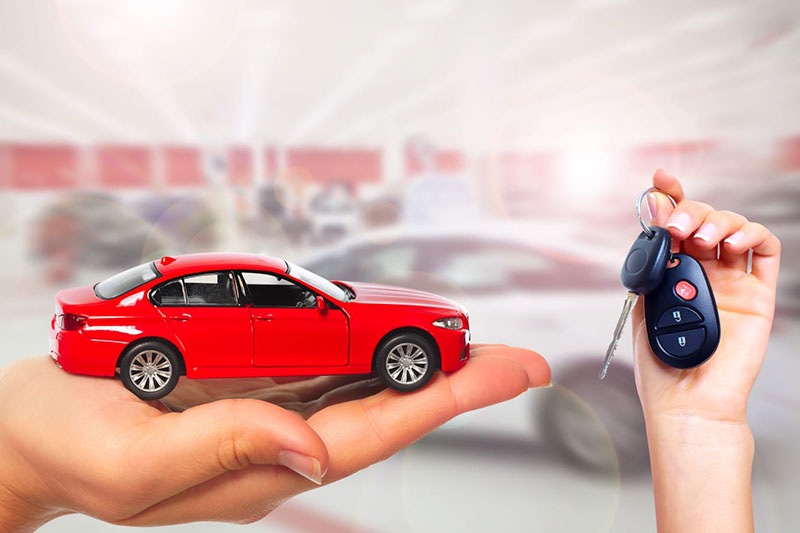There are many things to consider when making the decision to take out a loan to finance your car. We’ve compiled a list of questions you should ask yourself before taking out a loan, so you can ensure that it’s the right decision for you.
Can you afford the monthly repayments?
One of the first things you need to think about is whether or not you can afford the monthly payments. If you can’t make the payments, then you may end up defaulting on the loan, which could lead to repossession of your car.
What is the interest rate?
The interest rate will have a big impact on how much you end up paying for your car. It’s important to shop around and compare rates before taking out a loan. Your interest rate will depend on a number of factors including your credit score, income, living situation and employment status.
How long do you need the loan for?
The length of the loan will also affect how much you end up paying. The longer the loan, the more interest you’ll pay. Try to get a loan that has a shorter repayment period so you can save money on interest.
What are the fees and charges?
Be sure to ask about all the fees and charges associated with taking out the loan. These can include application fees, origination fees, closing costs and more. You’ll want to get a complete list of all the fees so you can compare different loans and choose the one that has the lowest overall cost.
How long do you need the loan for?
The length of the loan will also affect how much you pay in total. The longer the loan, the more interest you’ll pay. Try to get a loan that has a shorter repayment period so you can save money on interest.
What is the total cost of the loan?
When you’re comparing loans, be sure to look at the total cost of the loan, not just the monthly payments. This includes the principal (the amount you borrow), the interest, the fees and any other charges. The total cost will give you a better idea of how much you’ll actually be paying for your car.
What type of loan is right for you?
There are a number of finance options out there, and it can be pretty confusing weighing up the benefits of vehicle finance vs personal loan.
Vehicle finance is a loan that is specifically for the purpose of buying a car. The interest rates tend to be lower than with personal loans, and you may be able to get a longer repayment period. However, you will need to put your car up as security for the loan, which means that if you default on the payments, your car could be repossessed.
A personal loan is not specifically for the purpose of buying a car but can be used for that purpose. The interest rates tend to be higher than with vehicle finance, but you will not need to put your car up as security. This means that if you default on the payments, your car will not be repossessed.
So, which is the better option for you? It depends on your individual circumstances. You’ll need to compare the interest rates, fees, repayment periods and total cost of the loan before making a decision.




